PHOTO COURTESY OF TBO.COM
By AARON BEARD
AP Basketball Writer
Dean Smith was more than simply a basketball coach.
Yes, the retired Hall of Famer left North Carolina as the winningest coach in men’s history after capturing two national titles along with the 1976 Olympic gold medal and coaching some of the sport’s biggest names, Michael Jordan among them.
But he also was an innovator who left a lasting influence on the sport, as well as someone known for his stand on civil rights driven by the belief that it was the right thing to do.
Smith died “peacefully” Saturday at age 83 at his Chapel Hill home, his family said in a statement released by the school Sunday. He was with his wife and five children.
Roy Williams, the current Tar Heels coach and Smith’s assistant for 10 years, said his mentor was the “greatest there ever was on the court but far, far better off the court with people.”
“I’d like to say on behalf of all our players and coaches, past and present, that Dean Smith was the perfect picture of what a college basketball coach should have been,” Williams said in a statement. “We love him and we will miss him.”
Smith kept a lower profile amid health issues in recent years, with his family saying in 2010 he had a condition that was causing him to lose memory. He was unable to travel in November 2013 to receive the Presidential Medal of Freedom, the nation’s highest civilian honor presented to Smith as much for his work off the court as on it.
At the urging of his pastor, he recruited black athletes, and in 1967 made Charlie Scott the school’s first black scholarship athlete and one of the first in the segregated South.
In a statement Sunday, President Barack Obama said Smith “pushed forward” the civil rights movement with Scott’s recruitment as well as helping integrate a restaurant and a neighborhood in Chapel Hill.
Smith “showed us something that I’ve seen again and again on the court _ that basketball can tell us a lot more about who you are than a jumpshot alone ever could,” Obama said.
On the court, his “Four Corners” time-melting offense led to the adoption of the shot clock to counter it. The now-common “point to the passer,” in which a scorer acknowledges a teammate’s assist, became a hallmark of Smith’s always humble “Carolina Way.”
He was a direct coaching descendent of basketball’s father, James Naismith, playing and later coaching at Kansas for the inventor of the game’s most famous student, Jayhawks coach Phog Allen.
At UNC, he tutored perhaps the game’s greatest player in Jordan _ who burst onto the national stage as a freshman by hitting the winning shot in the 1982 NCAA final and two of basketball’s most successful coaches, fellow Hall of Famers Larry Brown and Williams.
When UNC held a reunion for its 1957 and 1982 championship teams in 2007, Smith drew the largest applause from the crowd in the arena bearing his name, even as he stood alongside Jordan and fellow Tar Heel great James Worthy. During the ceremony, Jordan put his arm around Smith and kissed him on the head.
In a statement Sunday, Jordan said Smith was “more than a coach _ he was a mentor, my teacher, my second father. Coach was always there for me whenever I needed him and I loved him for it.”
Smith’s only losing season was his first, and he left the game in October 1997 having surpassed Kentucky’s Adolph Rupp as the winningest coach in Division I men’s history with 879 wins in 36 seasons _ a record now held by Duke Hall of Fame coach Mike Krzyzewski.
“We have lost a man who cannot be replaced,” Krzyzewski said in a statement. “He was one of a kind and the sport of basketball lost one of its true pillars.”



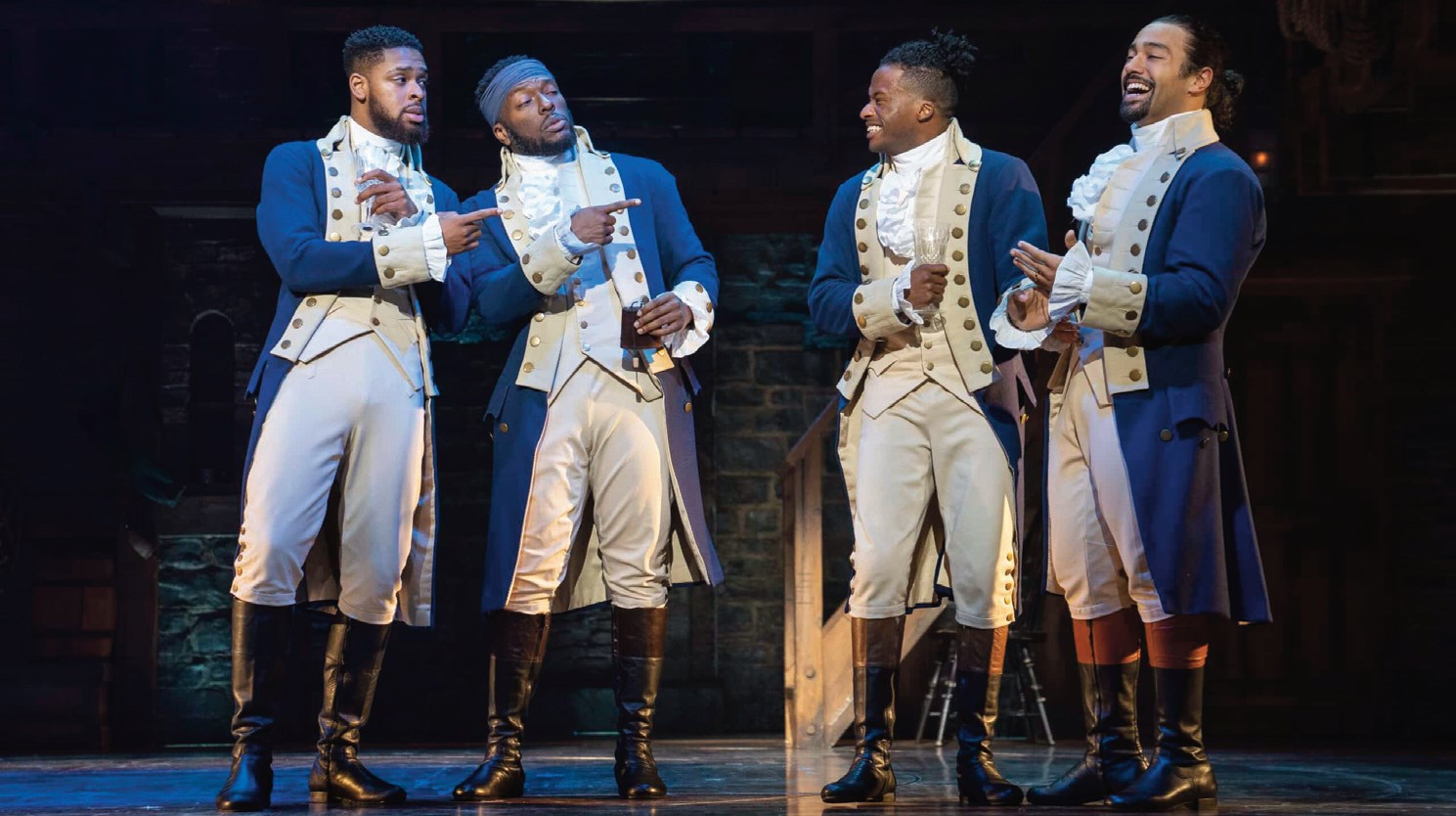
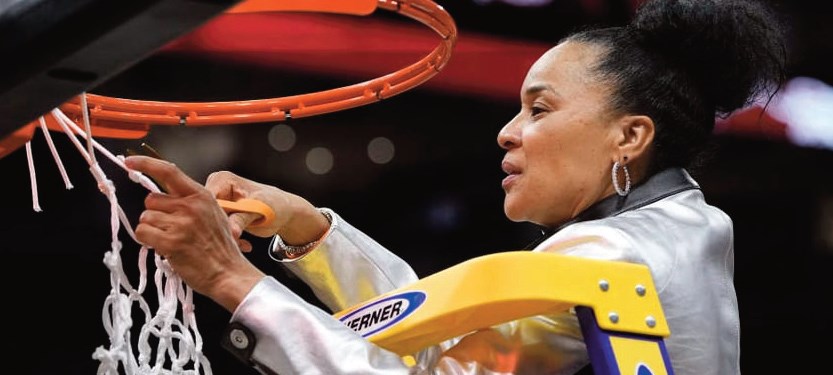


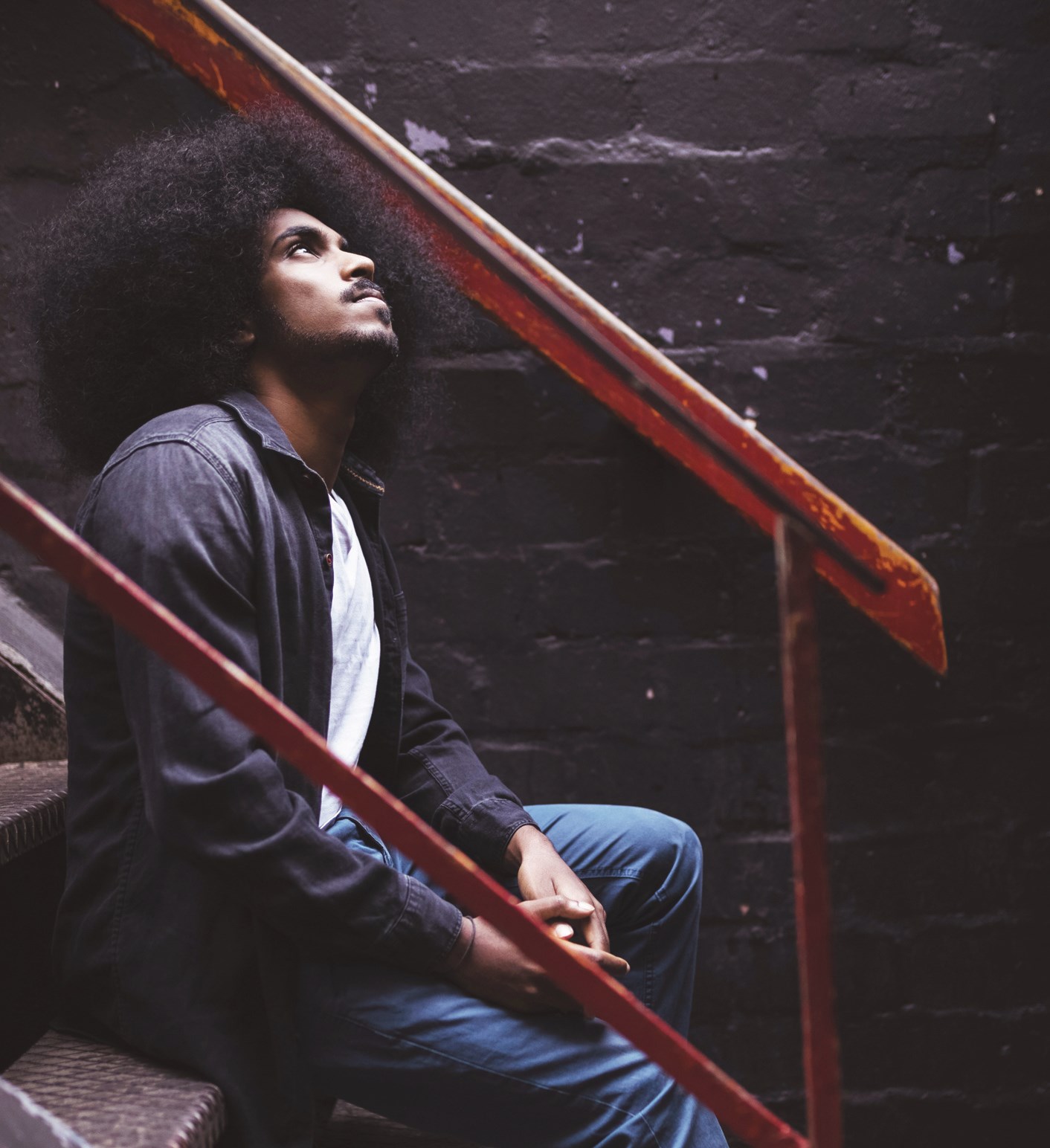
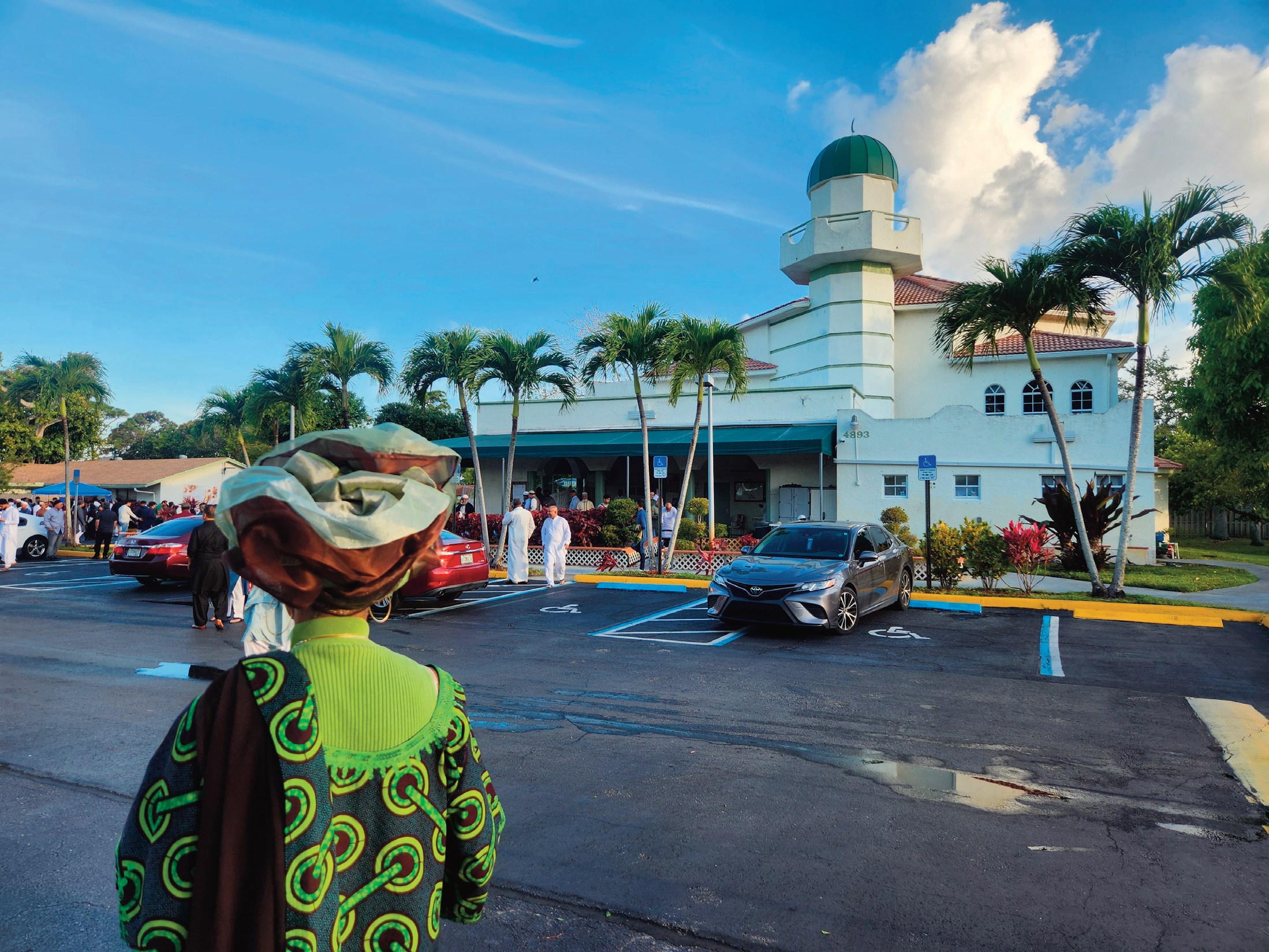
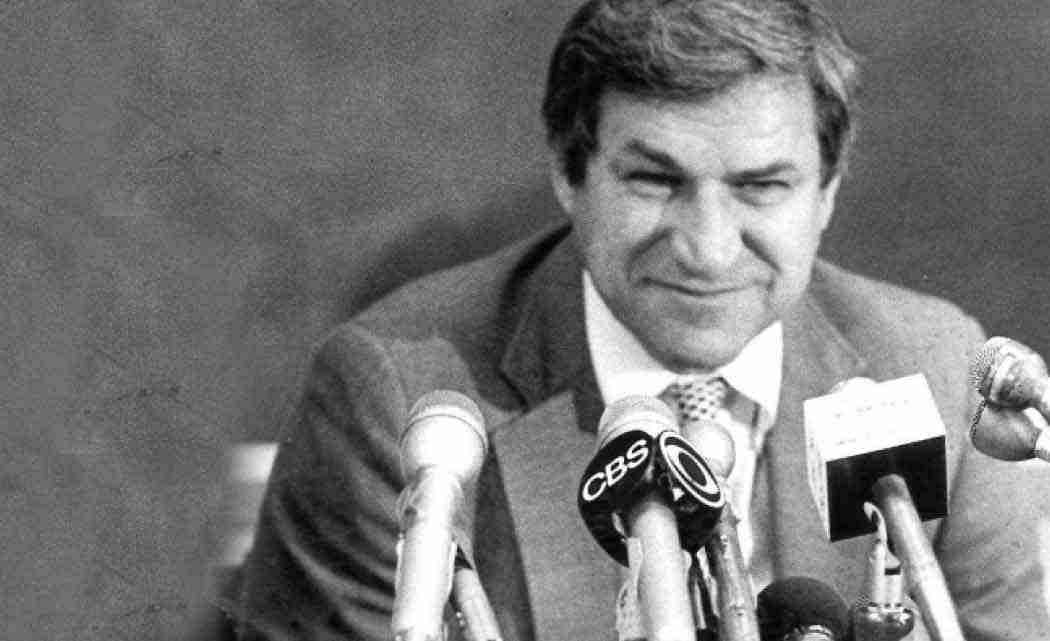

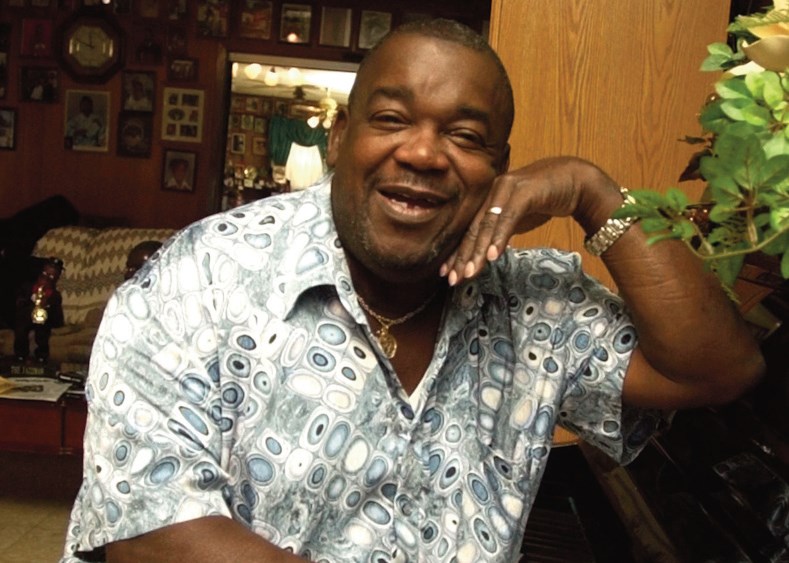
No Comment